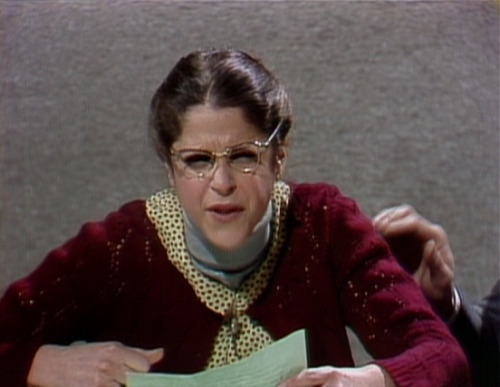N
NewPilot
Guest
Hi There,
I am someone who has been wanting to be a pilot for years.
I have a couple chronic health conditions that, previously, research has indicated I will need to get an SI for. They're not conditions that I would consider any flying risk. The FAA just has a long list of things they won't let AMEs issue for.
I just really don't want to go through the wringer of the SI process. Everything I've read about it is frustration, waiting, etc...
The language surrounding the BasicMed rule is confusing. They keep talking about neuro/cardio/mental as the "Three SI conditions".
Is this true ONLY for pilots with a previous medical? Or does this mean that absent of these three conditions, an AME can issue for other previous "SI conditions" after BasicMed goes into effect? That would be fantastic as that means I could fly.
Or, do these new rules basically change nothing for new pilots?
Thank you very much in advance for insight.
I am someone who has been wanting to be a pilot for years.
I have a couple chronic health conditions that, previously, research has indicated I will need to get an SI for. They're not conditions that I would consider any flying risk. The FAA just has a long list of things they won't let AMEs issue for.
I just really don't want to go through the wringer of the SI process. Everything I've read about it is frustration, waiting, etc...
The language surrounding the BasicMed rule is confusing. They keep talking about neuro/cardio/mental as the "Three SI conditions".
Is this true ONLY for pilots with a previous medical? Or does this mean that absent of these three conditions, an AME can issue for other previous "SI conditions" after BasicMed goes into effect? That would be fantastic as that means I could fly.
Or, do these new rules basically change nothing for new pilots?
Thank you very much in advance for insight.

